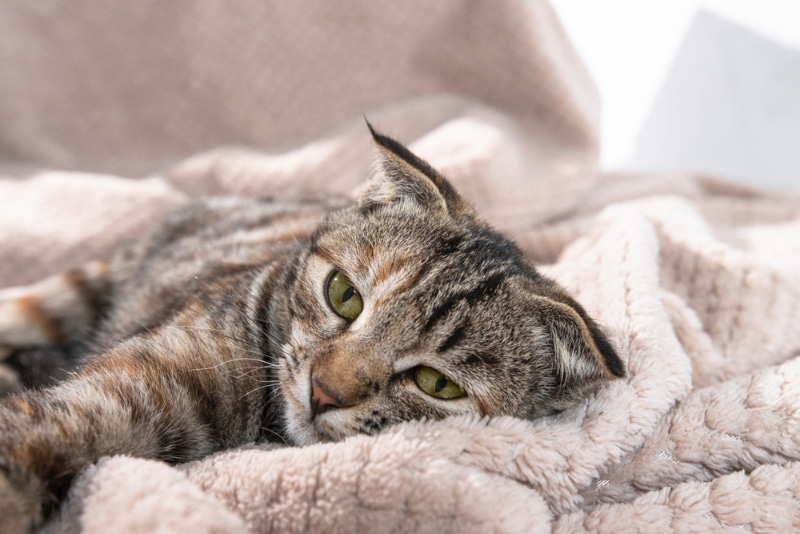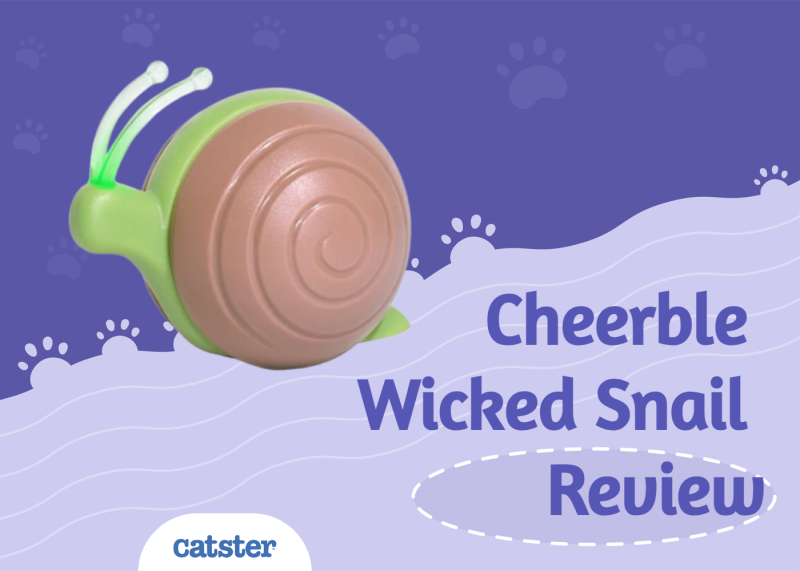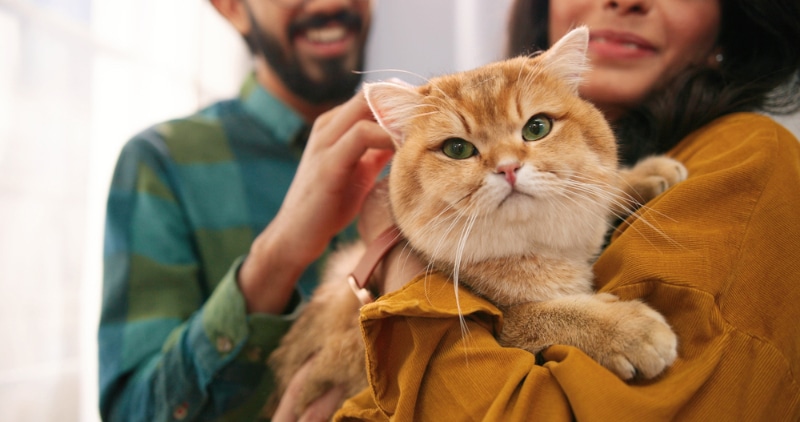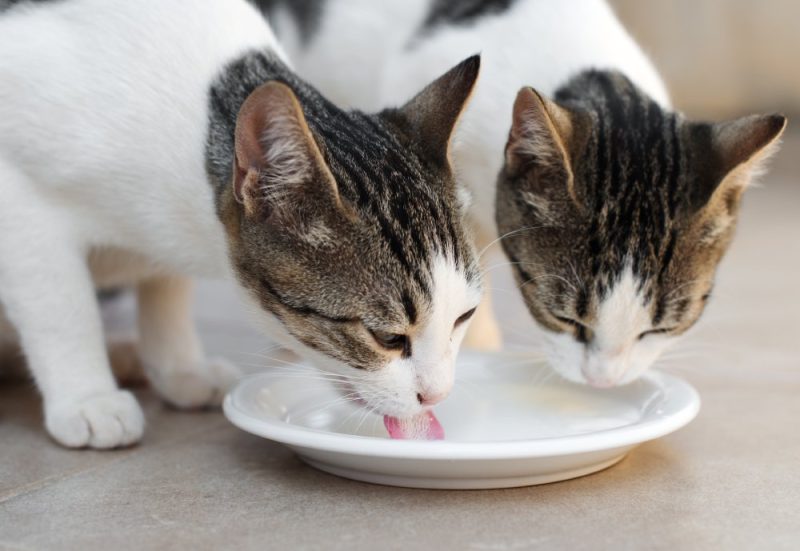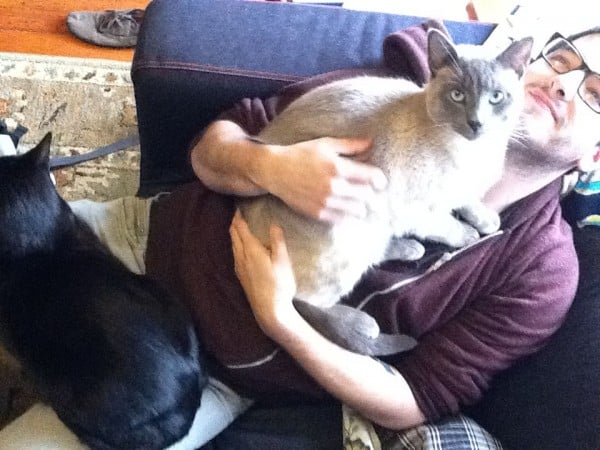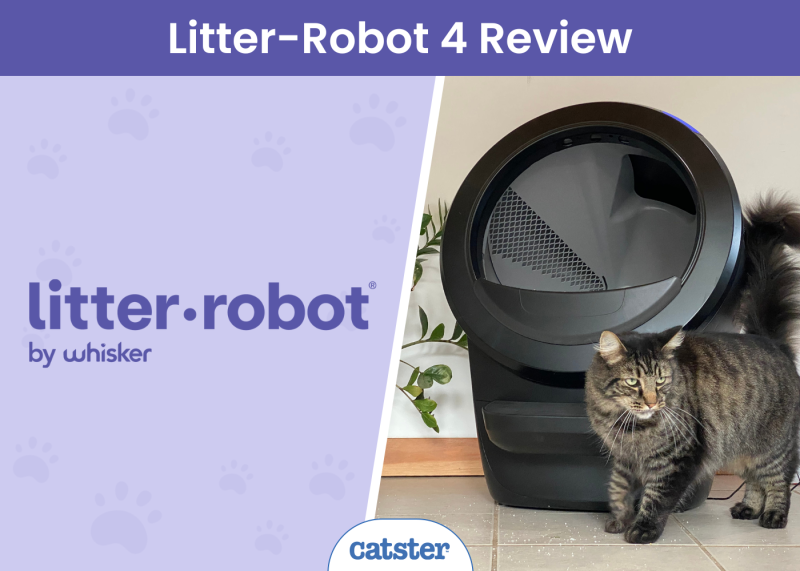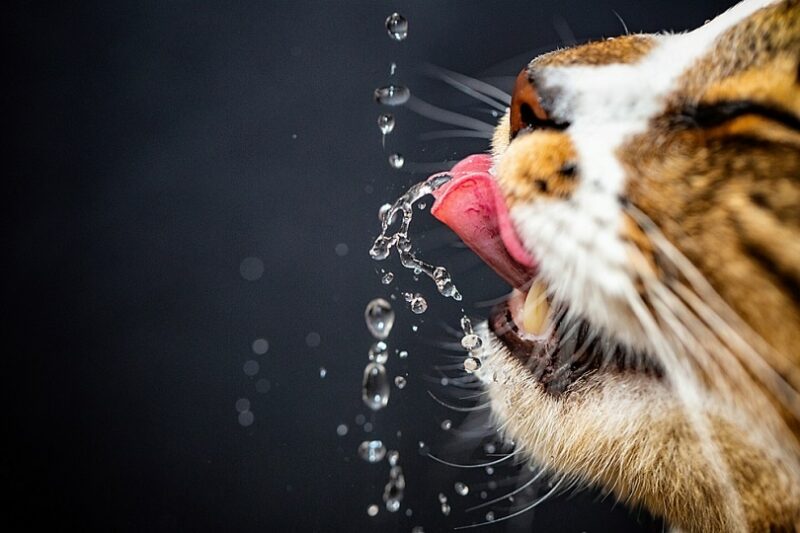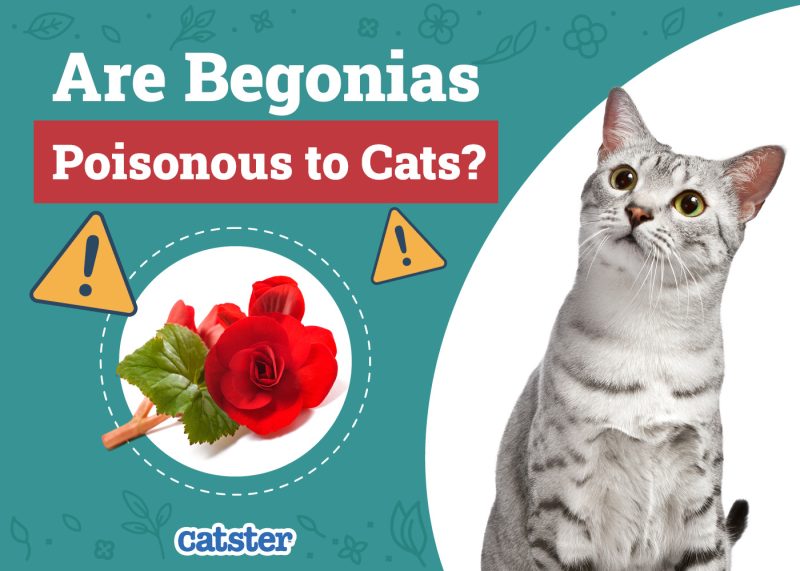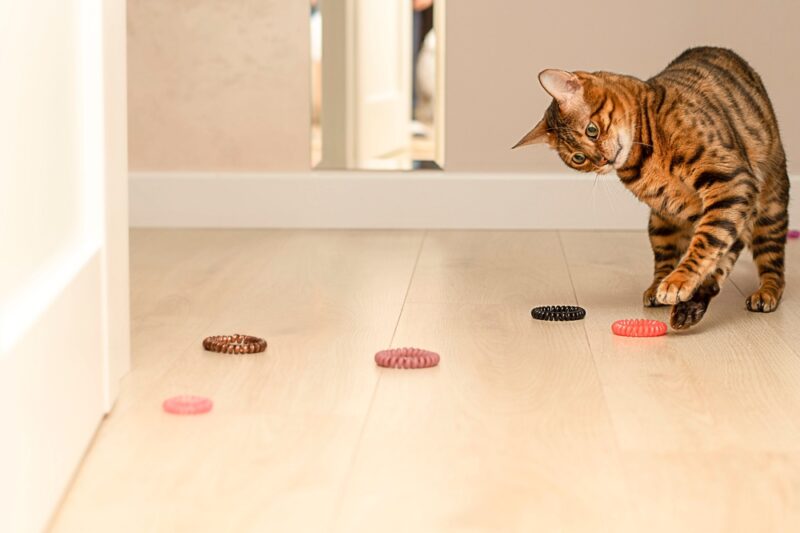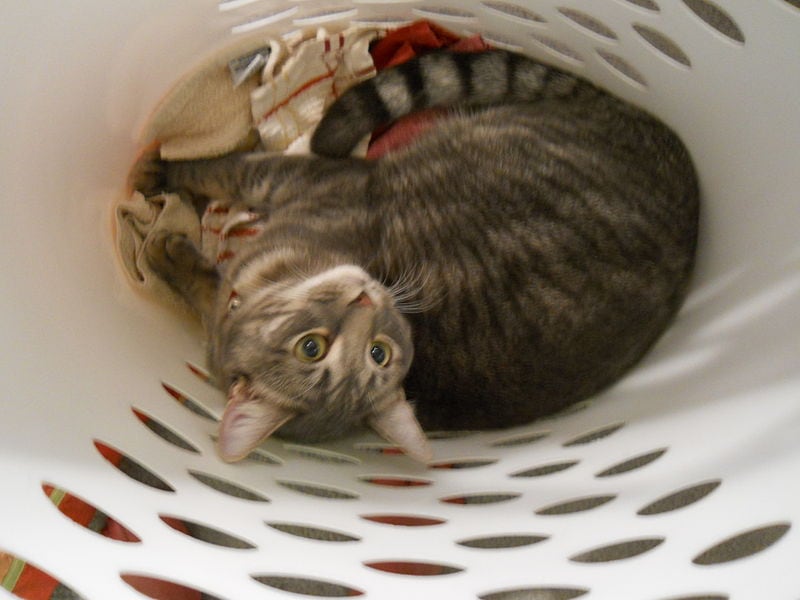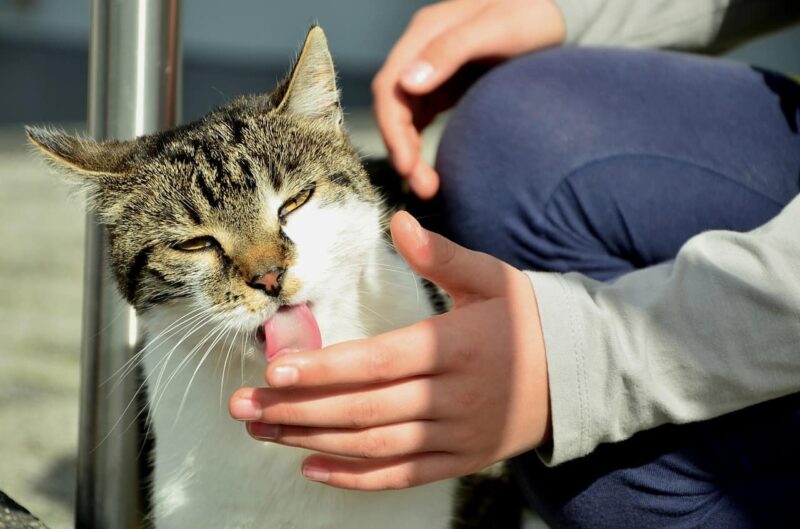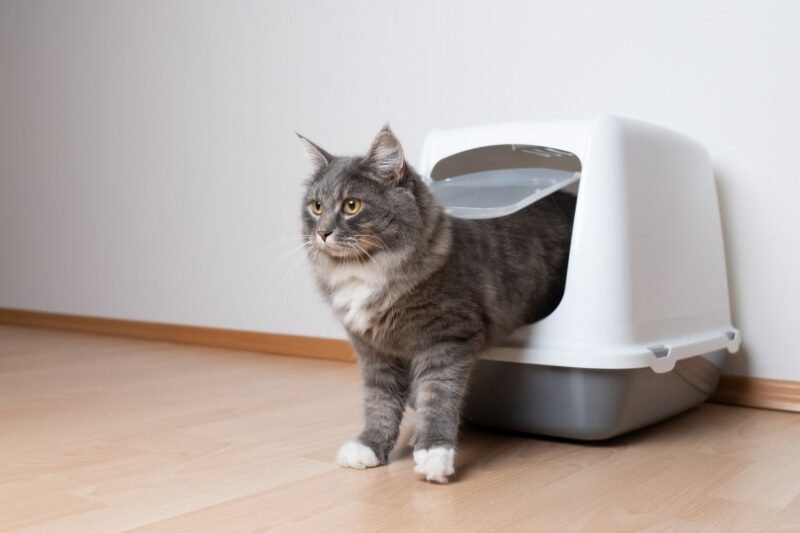In this article
View 2 More +The kidneys are complex, multifunctional organs. They’re most commonly known for the role that they play in filtering the blood and making urine, but they also regulate water and electrolyte balance and even indirectly make red blood cells. A cat with kidney failure will have difficulties with any or all of these functions, which can cause serious consequences. Fortunately, various treatments can help reduce the signs associated with kidney failure, such as the human drug Epogen.
Epogen helps cats with kidney failure by stimulating the release of red blood cells from the bone marrow in order to increase the oxygen-carrying capability of the blood.

How Does Epogen Work in Cats?
When the kidneys are at their best, they are responsible for many vital tasks, including increasing the red blood cell count in order to increase oxygen-carrying capacity. When the kidneys start to feel a bit starved of oxygen, they release a hormone called erythropoietin that convinces the bone marrow to release more red blood cells into the bloodstream. Along with this, erythropoietin jumpstarts the bone marrow to start making more red blood cells, and it gives hemoglobin synthesis a boost, all in an effort to pump up the blood’s ability to carry oxygen to the kidneys and other bodily tissues.
When the kidneys are in crisis, such as with chronic kidney disease or kidney failure, the production of erythropoietin is decreased, and along with other issues, this can lead to a low red blood cell count or anemia. If severe enough, this anemia can lead to tissue damage.
Here’s where Epogen comes in. It’s a synthetic form of erythropoietin created for use in humans. It can be used “extra-label” in cats with chronic kidney disease to help increase their red blood cell count and reduce the signs associated with anemia. For most kitties, it can help stave off anemia that could lead to a poor quality of life, but it’s not without its potential conflicts.

How Long Does It Take Epogen to Work?
Kidney disease is progressive, meaning it gets worse with time. So, you’ll have some cats starting Epogen that are in more dire straits than others. Essentially, the amount of time that it takes to see the benefits of the medication will vary depending on the severity of the animal’s anemia. Some cats will see improvement within a couple of weeks, while others may take a few months to see any real benefit.
What Are the Side Effects of Epogen in Cats?
Since Epogen is a human product, it most closely matches human erythropoietin, which is similar to erythropoietin in cats, but it’s not an exact match. When you want a body to use something as if it were its own, it needs to be nearly identical to what the body would produce. This is why blood transfusions and organ and tissue transplants need to be matched before they’re given to somebody.
Around 20–30% of animals given human erythropoietin products will develop antibodies against the medication, which can further exacerbate the anemia, often to levels that are worse than before they started the treatment.1 Antibody production typically happens within the first 6 months of treatment, so veterinarians and pet owners will need to weigh that potential issue with the possible benefits that a kitty will get from it and for how long.
If you need to speak with a vet but can't get to one, head over to PangoVet. It's an online service where you can talk to a vet online and get the advice you need for your pet — all at an affordable price!


Is There a New Treatment for Kidney Disease in Cats?
Since it was observed that a cat’s body may eventually attack Epogen and other human erythropoietin products, making their issues worse, there needed to be a better option. Fortunately, many trends in veterinary medicine mirror those of human medicine, albeit a few years behind, so it was only a matter of time before a similar erythropoietin product meant specifically for cats was developed.
Varenzin-CA1 isn’t an erythropoietin synthetic, but it works by helping the cat’s kidneys produce their own erythropoietin, potentially leading to fewer side effects.
How Do You Prolong the Life of a Cat With Kidney Failure?
The kidneys are multifunctional organs, so dealing with kidney failure requires more than one strategy. Using Epogen or any other erythropoietin-like medication is just one option that a vet may consider when managing your cat’s kidney disease. Since there is no way to cure kidney disease in cats, vets and owners must strive to manage it the best as possible and for as long as possible to keep a kitty comfortable.
Here are other management methods besides taking Epogen.
- Diet: Reducing the intake of things like phosphorus, sodium, and protein and increasing vitamins, potassium, fiber, and omega fatty acids can help combat kidney inflammation and reduce issues seen with chronic kidney disease. Fortunately, there are many good kidney diets out there that will help with these changes.
- Fluids: Some kitties may require periodic fluid administration to maintain hydration and help flush their system. Additives may be used in the fluids to help balance electrolytes and pH.
- Medications: Depending on what a kitty is struggling with, medications may be given to help with blood pressure, nausea, and appetite, to name a few clinical signs.
- Regular checkups: Cats with kidney failure should become familiar with a veterinarian. Since the disease is constantly changing, so must its management, and the only way that a vet can do what’s best for your feline friend is if they see them regularly.
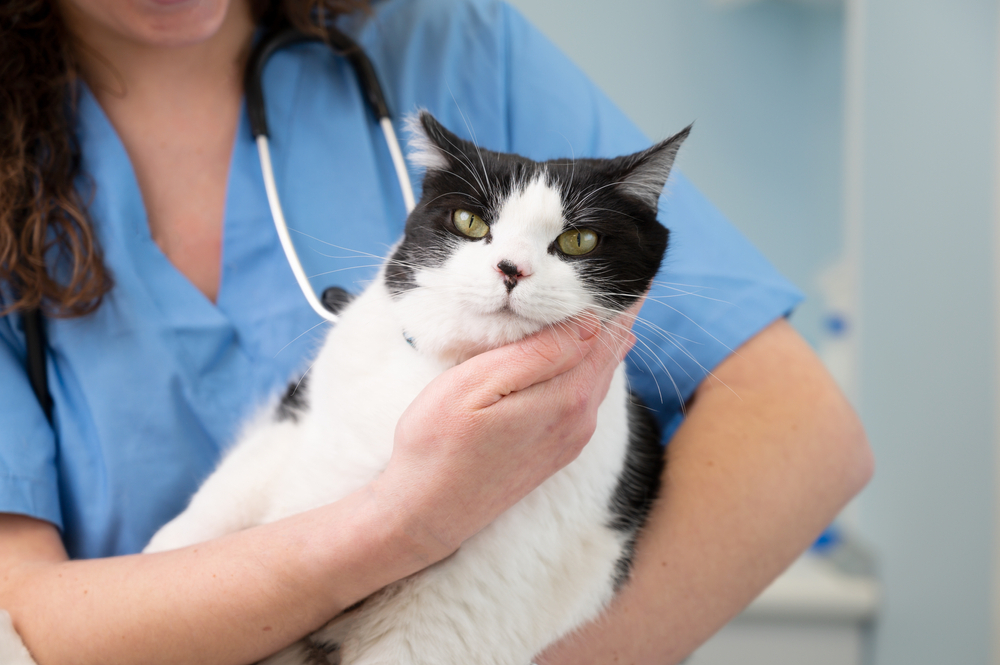

Conclusion
Epogen is one of the many potential medications used in managing kidney failure in a cat. Its function is to help increase the number of red blood cells and therefore, the blood’s oxygen-carrying capabilities to prevent further tissue damage. Epogen is a human product, so some animals may develop antibodies to it, which can make their anemia worse. Therefore, cat-specific medications have been created.
A veterinarian will know the best course of action in helping your cat with kidney failure live as comfortably and as long as possible, so speak to them if you have any questions about your cat’s kidney disease.
Featured Image Credit: Julia Cherk, Shutterstock
